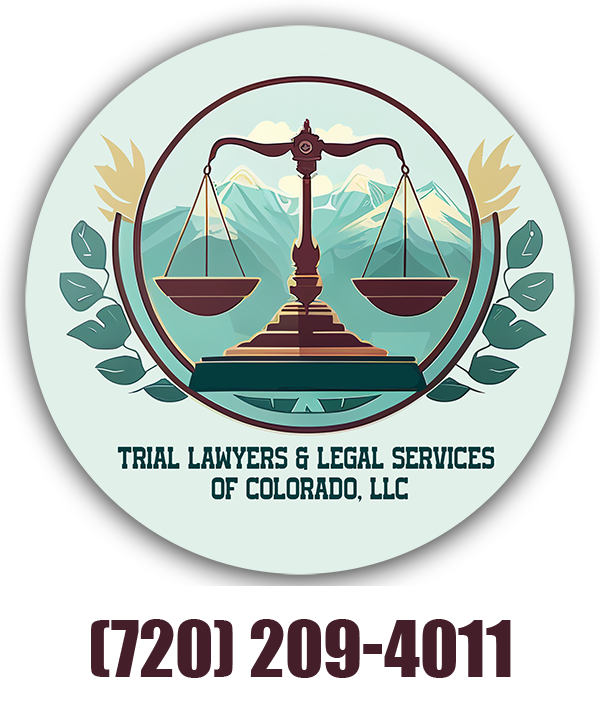COUNTY COURT CASES
“A Court for the People”
Trial Lawyers & Legal Services of Colorado, LLC – Legal Counsel
Here are some key points about County Court Law:
If you are involved in a county court case in Colorado, it is important to understand the basic procedures and rules that apply. Here are some key things to know:
- Jurisdiction: County courts in Colorado have jurisdiction over cases involving claims of up to $25,000, as well as some criminal and traffic offenses.
- Filing a case: To initiate a case, you must file a complaint with the appropriate county court. The complaint should detail the legal basis for your claim or defense.
- Service of process: Once you file your complaint, you must serve the defendant with a copy of the complaint and a summons, which notifies them of the lawsuit and the deadline to respond.
- Discovery: Both parties have the right to request and obtain evidence from each other through the discovery process. This can include documents, depositions, and other forms of evidence.
- Pretrial conference: Before trial, the court may hold a pretrial conference to help the parties resolve any issues and streamline the trial process.
- Trial: If the case proceeds to trial, the parties will present their evidence and arguments to the court, and the judge will make a ruling.
- Appeal: If you are not satisfied with the outcome of your case, you may have the right to appeal the decision to a higher court.
It is important to note that county court procedures and rules can vary depending on the county in which the case is filed. If you have questions about a specific county court case, you should consult with an attorney or contact the court directly for guidance.
Sapientia est quaedam potentia intelligentis
Understanding County Court Law & County Court Jurisdiction
In Colorado, there are two types of trial courts: county courts and district courts. While both courts handle civil and criminal cases, there are some important differences between the two.
Here are some key differences between county court and district court in Colorado:
Jurisdiction: County courts have limited jurisdiction, meaning they can only hear cases involving claims of up to $25,000 and certain misdemeanors and traffic offenses. District courts have general jurisdiction, meaning they can hear a wide range of civil and criminal cases.
Court size: County courts are smaller than district courts and generally have only one judge. District courts, on the other hand, are larger and have multiple judges.
Types of cases: County courts primarily handle small claims, traffic violations, landlord-tenant disputes, and misdemeanors. District courts handle more complex civil cases, serious criminal offenses, and felony cases. County Courts also hold preliminary hearings in criminal felony cases to determine whether or not the case should go forward in district court as a felony.
Procedures: The procedures for county court cases are generally simpler and less formal than those for district court cases. For example, in county court, parties can often represent themselves, while in district court, representation by an attorney is typically required.
Appeals: Appeals from county court cases go to district court, while appeals from district court cases go to the Colorado Court of Appeals or the Colorado Supreme Court.
It is important to note that these are general differences, and there may be exceptions depending on the specific case and the county in which it is heard. If you have questions about a specific case or which court has jurisdiction over your case, it is best to consult with an attorney or contact the court directly for guidance.

